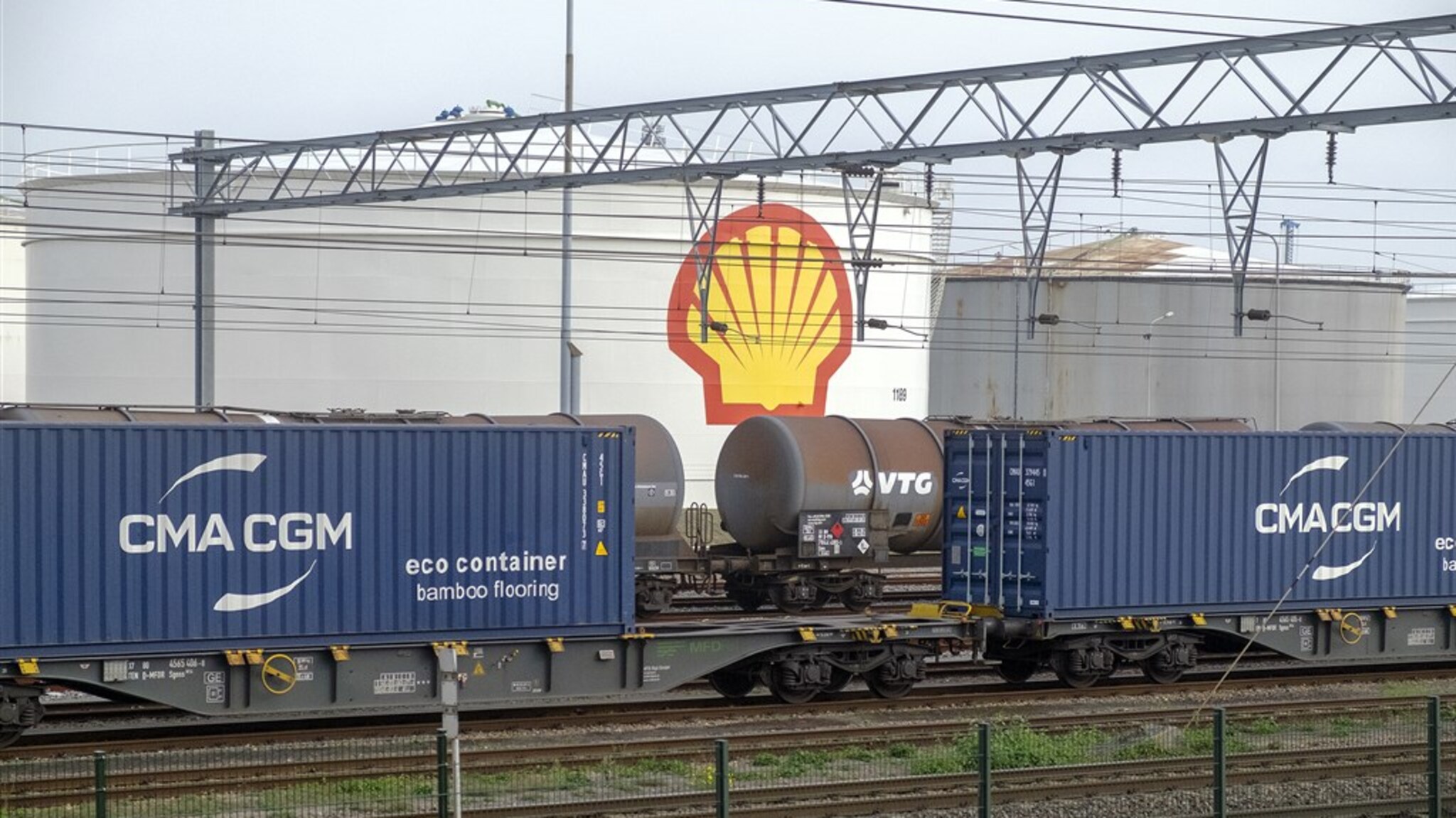This is clear from the research conducted by RTL Z.
Interest in the Kazakh-Russian pipeline
It all revolves around a pipeline that runs through Kazakhstan, through Russia, to a port in the Black Sea. This pipeline is managed by the Caspian Pipeline Consortium (CPC). Infrastructure is of great importance to the Kazakh and Russian oil sectors, because oil flows through pipelines in both Kazakhstan and Russia.
Shell owns 7.4 percent of the consortium, in which the Russian state is the largest shareholder through two companies with a 31 percent stake.
Joint venture with Rosneft
Shell owns this stake through three companies. Two of them are wholly owned by Shell: BG Overseas Holdings and Oryx Caspian Pipeline LLC.
The third company is a cooperation between Shell and the Russian state oil company Rosneft. Shell owns 49 percent of the shares, while the Russians own the remaining 51 percent.
Make money from Russian oil
Shell’s cooperation with the Russians generates money for the oil giant, which still has strong ties with the Netherlands. The Caspian Pipeline Consortium expects to distribute $1.3 billion in dividends to its shareholders this year. This will generate approximately $96 million (90 million euros) for Shell.
Part of this can be attributed to the transportation of Russian oil via pipeline. According to the Chinese Communist Party, 98 million tons of oil have been transported from Russia via the pipeline since it entered service in 2001. About an eighth of the total. The rest is oil from Kazakhstan.
Worried
Therefore, Shell is still working in the Russian oil business. It is the co-owner of the infrastructure that transports it.
Shell notes that it has pledged to withdraw from all Russian oil and gas fields “in line with government regulations.” According to Shell, this should be read to mean that it has not promised to stop doing things that are not expressly prohibited.
It is not prohibited to enter into cooperation with Russian companies, and CPC is exempt from sanctions.
This reading is striking, because at the time of the promise the company also announced that it would immediately stop buying oil in the short-term market, even though that was not yet prohibited at that time. Shell also said it would phase out the import of liquefied gas, but its import has not been banned to this day.
The war chest is full
In addition to Shell, the Russian war treasury also benefits from the results of the Chinese Communist Party, in which other Western companies such as Eni and Chevron also have an interest. Based on the contribution, 31% of the dividend goes to the Russian treasury, which will reach $403 million this year.
And tax revenue on top of that. Last year, the Chinese Communist Party transferred 23.5 billion rubles in tax payments to Russian governments, which amounts to about 238 million euros at the current exchange rate.
Even Rosneft, Shell’s trading partner, proudly declares on its website that it is Russia’s largest taxpayer. The company itself is not under sanctions by the EU, but CEO Igor Sechin is. According to the European Union, Sechin is one of Vladimir Putin’s most important advisors.
KGB friend Putin
Sechin is not the only sanctioned party that Shell cooperates with through the CPC. One of the two companies that has a Russian state interest in the CPC is Transneft. The head of this organization is Nikolai Tokarev. It is also on the EU sanctions list.
He is said to have served with Putin in the feared Russian KGB, and has since maintained warm relations with the Russian president.

“Lifelong zombie fanatic. Hardcore web practitioner. Thinker. Music expert. Unapologetic pop culture scholar.”








